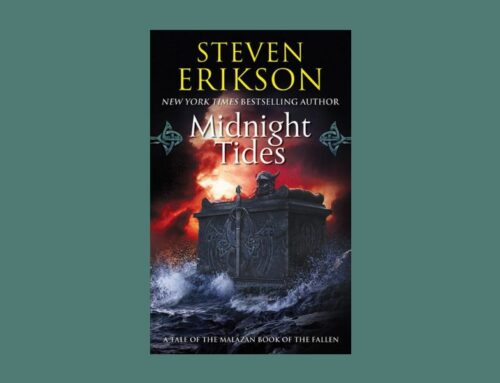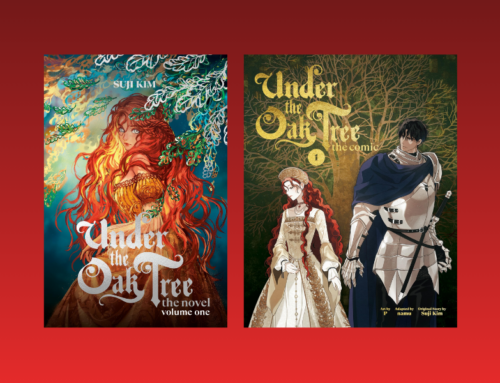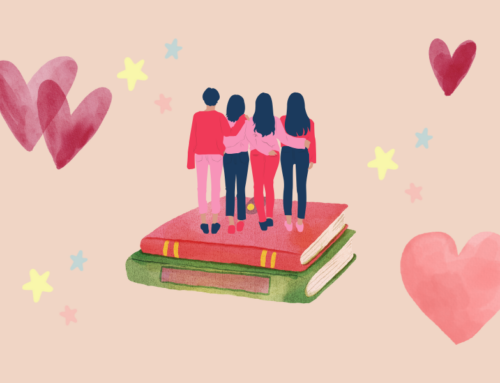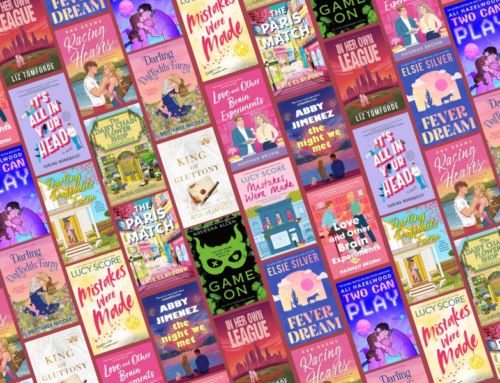By Vika
What to choose: eudaimonia or realism? Subjective happiness or an objective view of the world?
It seems to me that these are the main questions posed by Daniel Keyes, who managed to write not so much a science fiction novel as a philosophical tome with a touch of realism.
Diaries of a mentally challenged person who became a genius—piercing, touching and sad.
The story, originally published in 1966, is told in the first person.
Charlie, who was born with an extremely low IQ, deeply wants to become smarter so people will love him.
After just a few pages, I forgot that this was a work of fiction, because everything felt so realistic. The book touched the strings of my soul. I empathized, felt sad and sincerely rejoiced at Charlie’s successes.
Having been given a chance to become intelligent, Charlie realizes that it’s not what he had dreamed of. He is confronted with the true nature of human existence, a world for which he was completely unprepared. His only friend is a lab mouse named Algernon.
After reading two-thirds of the book, it became increasingly difficult for me to finish—not because I didn’t like it, but because I understood how the story would end….
Flowers for Algernon is also a social experiment. The book gives us the opportunity to reflect on the question: To what extent do we have the moral right to conduct such experiments on humans?
“P.P.S. Please if you get a chanse put some flowrs on Algernons grave in the bak yard …”




